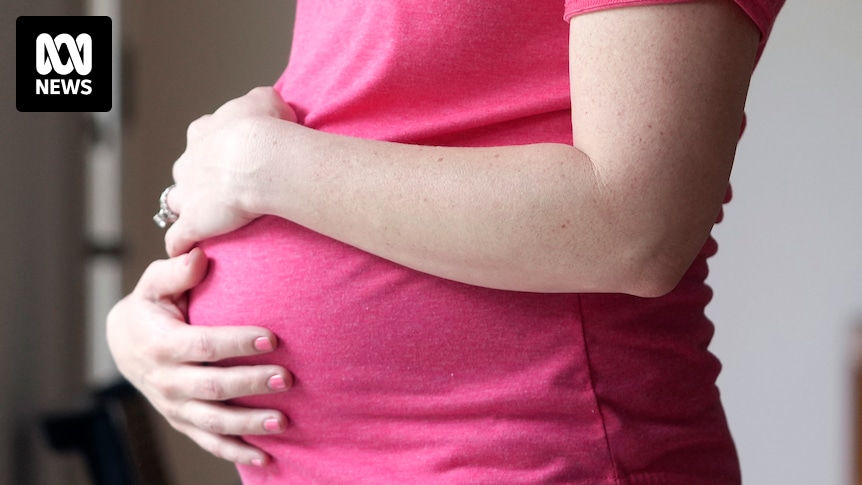
A biracial baby was born to a white couple in Brisbane due to an IVF mix-up that Australia’s largest fertility company, Virtus Health, kept under wraps for 11 years. The incident, involving the Queensland Fertility Group (QFG), has now come to light through an investigation by ABC News.
The couple discovered the error upon the baby’s birth in a Brisbane hospital in 2014. Despite the significant mistake, the case remained hidden until ABC Investigations uncovered it, prompting QFG to confirm the incident. “Queensland Fertility Group is aware of this matter and empathises with this family,” the clinic stated.
Details of the Mix-Up
Embryos were created at QFG’s Brisbane clinic using the woman’s eggs and donor sperm from a US sperm bank. The couple had selected a donor with Caucasian features similar to the husband’s. However, the baby was born with a different ethnicity, revealing the error.
The mother expressed her distress in an online forum, questioning the biological connection to her child and awaiting DNA test results. An internal investigation by the Seattle Sperm Bank uncovered that sperm samples from two donors, one Caucasian and one African American, were mixed up due to a labeling error.
“We can confirm that the laboratory error of the wrong label being affixed to the donor specimen occurred in 2013,” stated Seattle Sperm Bank. Following this, they implemented a robust, seven-step verification process to prevent future errors.
Clinic’s Response and Cover-Up
Queensland Fertility Group and Virtus Health went to great lengths to conceal the incident. The couple was bound by a strict non-disclosure agreement as part of a settlement, leaving them fearful of speaking out. Family friend Jo Bastian criticized the clinic’s lack of support, stating, “They went to the clinic three times, and the clinic dismissed them.”
QFG acknowledged the incident, attributing it to former management and expressing regret over the lack of support provided to the family. Despite the gravity of the error, neither QFG nor Virtus Health had verified if their international sperm providers adhered to crucial identity checks.
Regulatory Oversight and Industry Implications
The incident was classified as a “Severe Notifiable Adverse Event,” yet it was not reported to the Reproductive Technology Accreditation Committee (RTAC). The lack of regulation and accountability in the fertility industry has been highlighted by this case.
“Although the taxpayer pretty much funds a big part of the fertility industry, we really have no way of knowing to what extent adverse events happen,” said fertility researcher Karin Hammarberg, emphasizing the need for transparency.
Virtus Health, a publicly listed company at the time, failed to disclose the incident to shareholders, raising questions about transparency and integrity in healthcare businesses. The CEO of the Australian Shareholders Association, Rachel Waterhouse, stressed the importance of trust and reputation in maintaining business value.
Calls for Reform and Future Outlook
In response to ongoing issues in the fertility sector, Australia’s health ministers have initiated a “rapid review” of the industry. There are calls for RTAC to be replaced with an independent regulator to ensure greater transparency and accountability.
“A new regulator that is completely separated from the industry would be a much-preferred option,” Dr. Hammarberg stated. “There could also be more transparency in the reporting to the public.”
Ms. Bastian voiced concerns that the cover-up indicates potential undisclosed errors within the clinic. “The clinic needs to be held accountable because these things are still happening … they should have got it right by now,” she said.
This revelation underscores the need for rigorous oversight in the fertility industry to prevent such incidents and protect patients’ trust.







